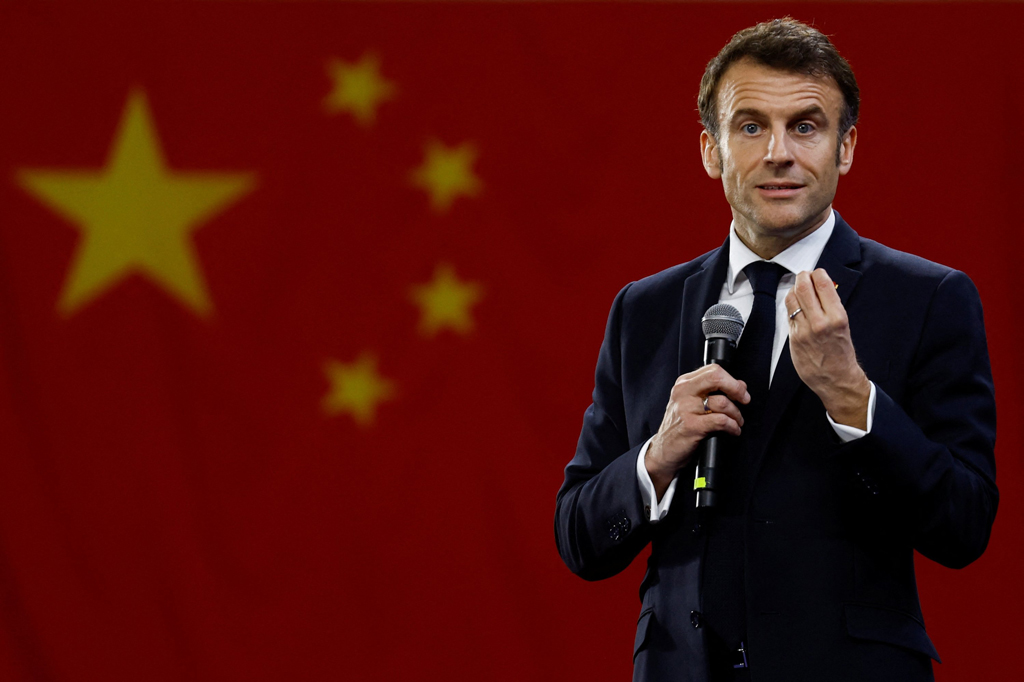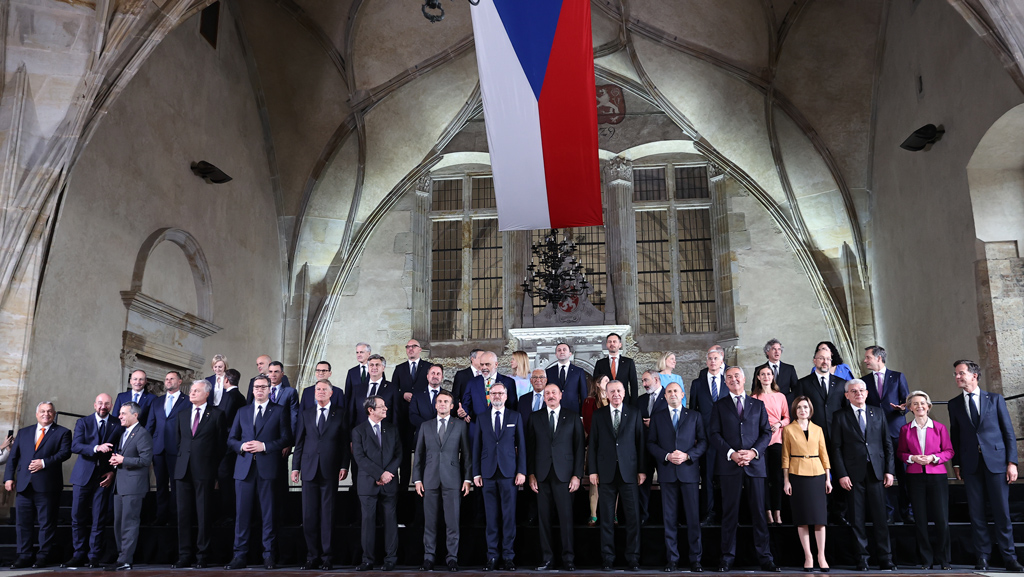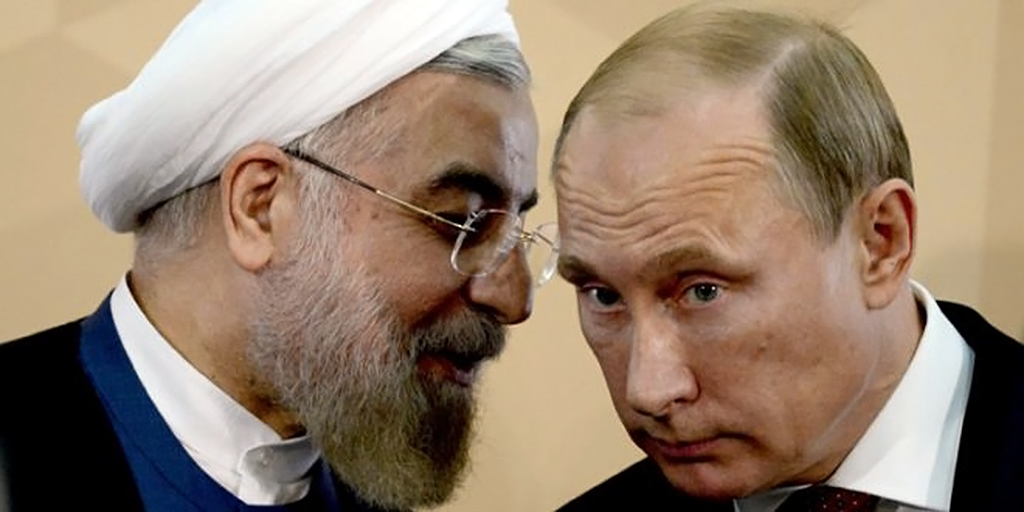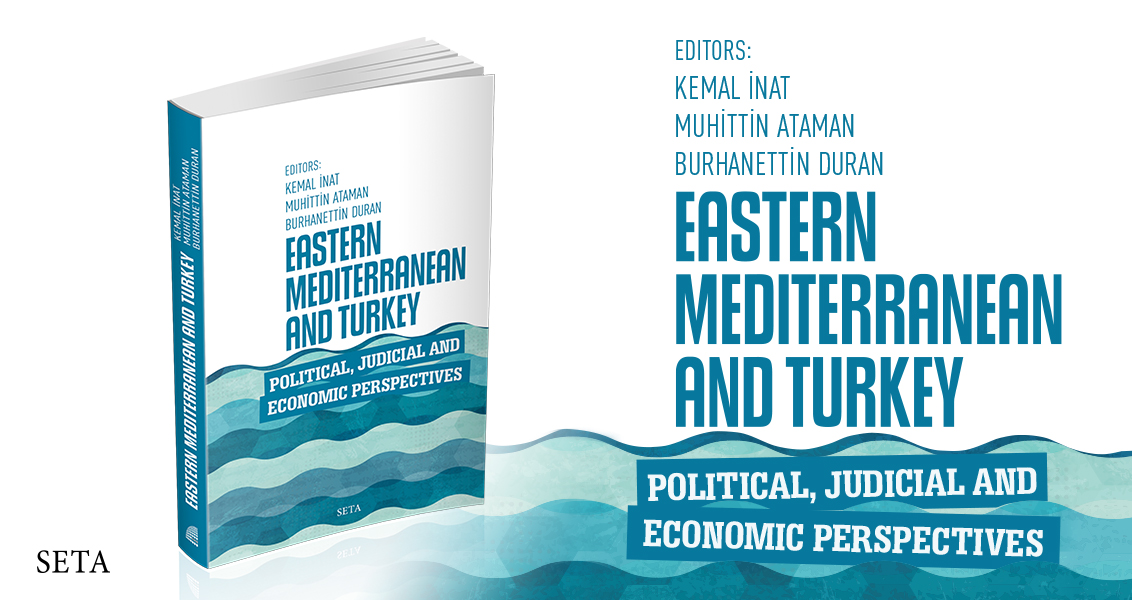Retrospectively speaking, it would not be a gross exaggeration to state that the “long twentieth century” witnessed profound developments that radically shattered trust in global capitalism as a stable system of resource allocation, as well as the capacity of the interstate system to provide it with a robust administrative framework. Systemic shocks illustrated by the First and the Second World Wars, the Wall Street Crash, the Great Depression, the ascendancy of socialism and fascism in Europe, and the inception of the decolonization leading to the emergence of the Third World triggered a radical questioning of the conventional propositions of mainstream economic liberalism. Meanwhile, the neo-Keynesian consensus provided the ideational basis for macroeconomic policy making in the post-war global order, justifying the presumption that nation states have the natural right and responsibility to get actively involved in economic processes to promote economic growth, wider development and employment. These trends encouraged some authors to conclude that “the shadow of Keynes” (Preston 1996: 154, Toye 1987: 25) kept hanging over the mainstream approaches to macroeconomic management and development thinking throughout the golden age of post-war era.
[Politics Today, March 07, 2016]








